



Titanium components manufacturing & processing plays a vital role in the military and defense sector. We supply titanium parts designed for advanced weaponry, vehicles, and armor, providing unmatched strength and durability for mission-critical applications.

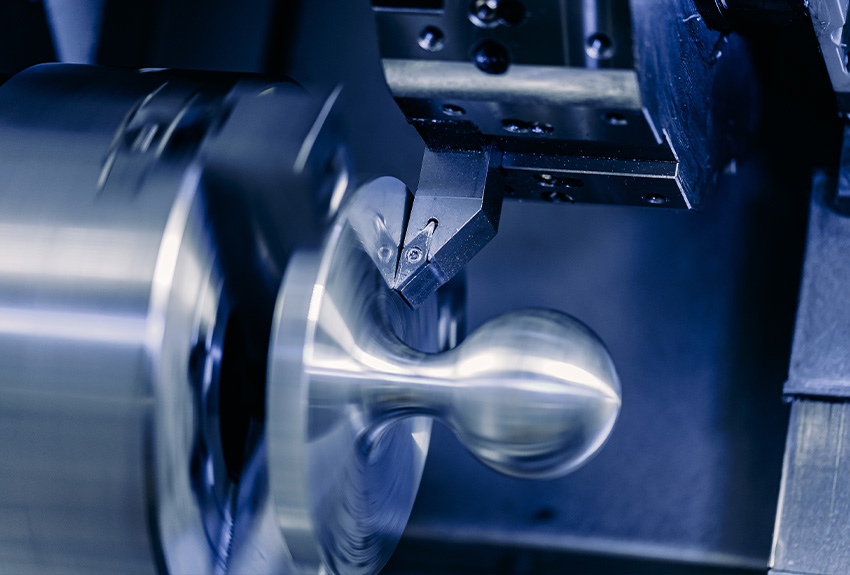 01
01
Titanium has a low density of approximately 4.5 g/cm³, which is about 60% of the density of steel (7.8 g/cm³).
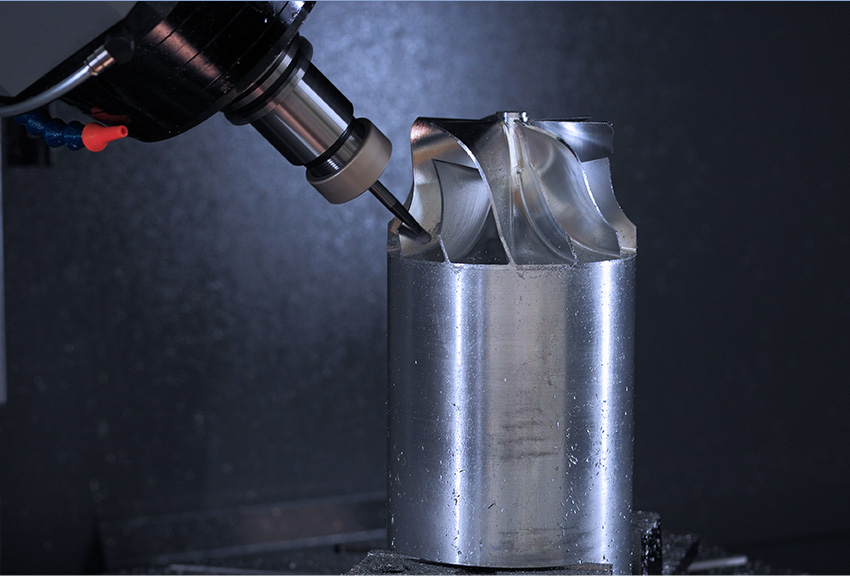 02
02
Titanium exhibits excellent resistance to corrosion, even in harsh environments
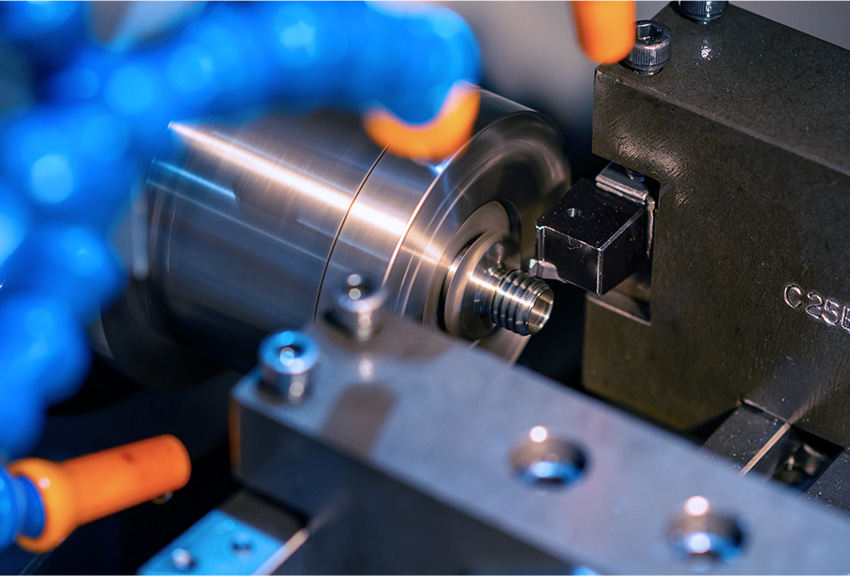 03
03
Withstands high temperatures in engines and exhaust systems.

Titanium is used in jet engine components like compressor blades, discs, and casings due to its high strength and heat resistance.

Titanium alloys are used in airframes, landing gear, and fasteners to reduce weight while maintaining structural integrity.

Titanium is used in submarine hulls and components due to its excellent corrosion resistance in seawater and ability to withstand high pressure.

Titanium is used in marine heat exchangers and cooling systems for its corrosion resistance and thermal conductivity.
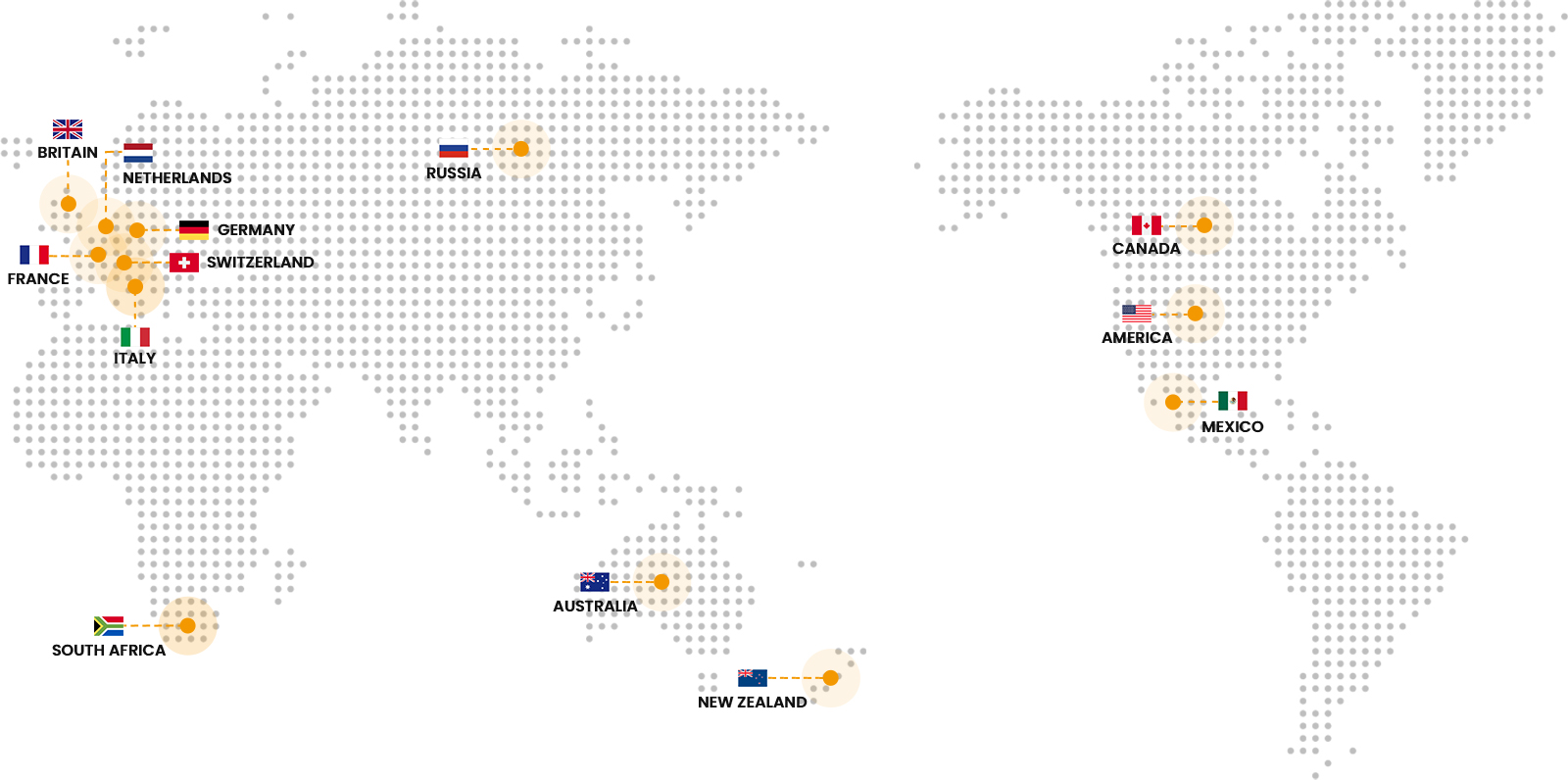




Great quality and functional design. The product was spot on and easy to work with supplier. Thank you.


Excellent quality, service, and price shipped to the US. Highly recommend.


A pleasure to do business with every time. Good quality service and delivery.
Related News

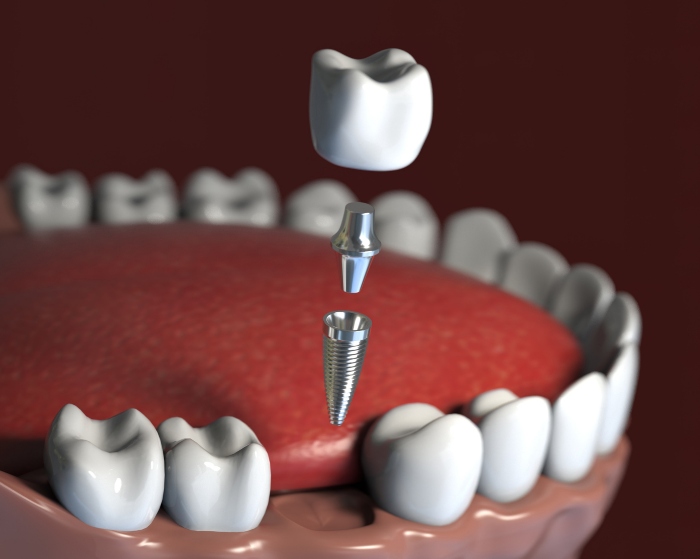

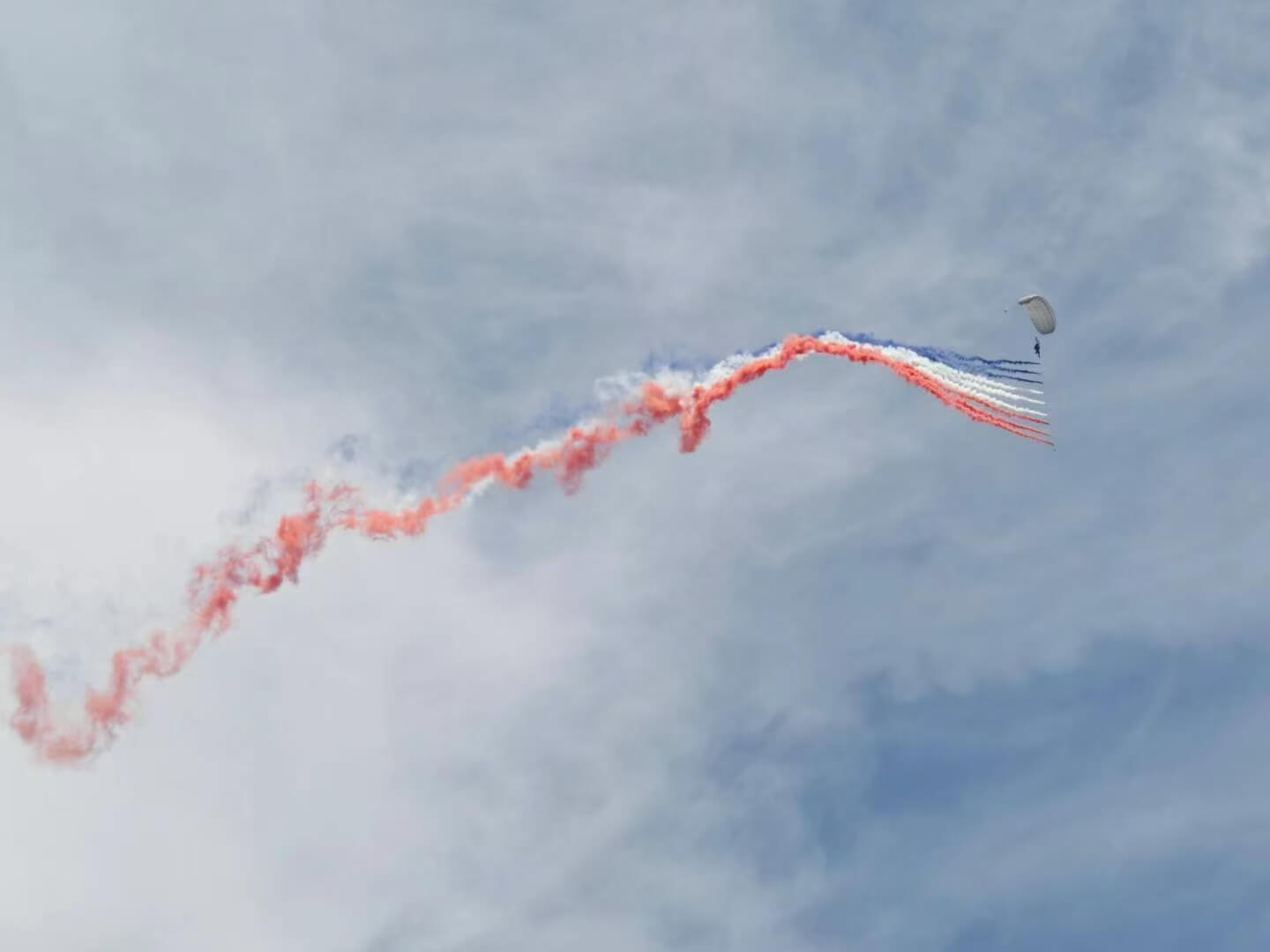

Choosing us is choosing excellent quality!


